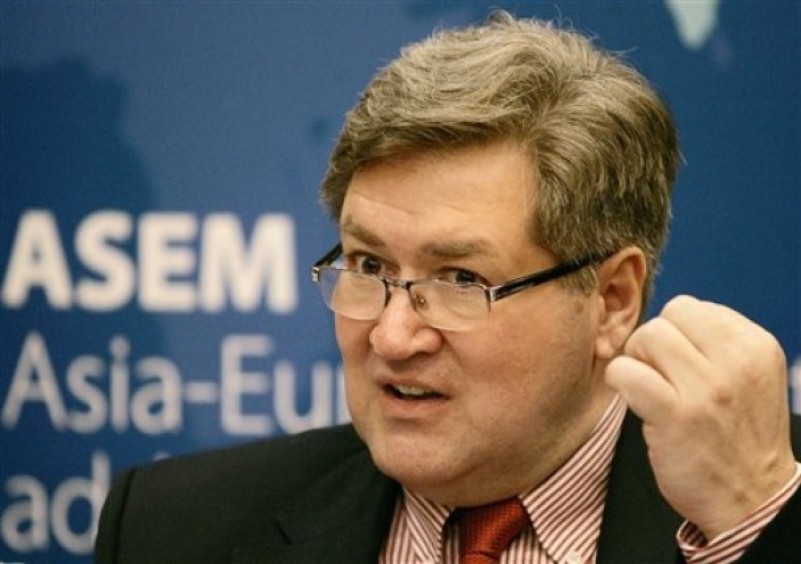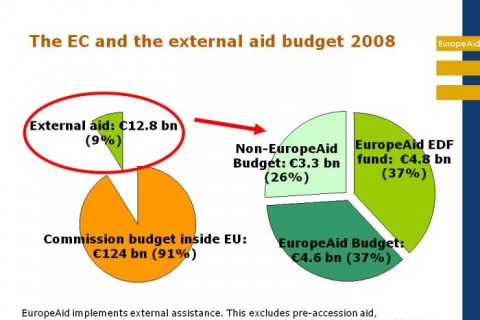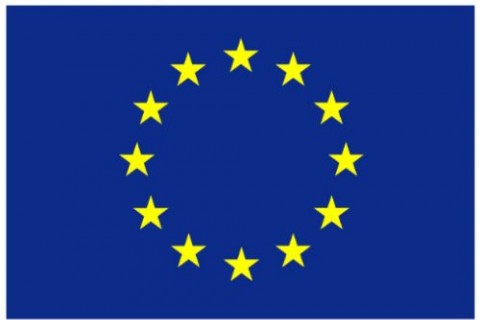How to make aid more effective? EuropeAid Director-General explains what big challenges lie ahead.
Vienna. WUS staff members from Graz attended an informative guest lecture on Wednesday the 2nd, held by Koos Richelle, Director-General of EuropeAid. Mr. Richelle spoke about the European Commission’s approach on how to make aid more effective to advance development in developing countries.
The question of aid effectiveness has been addressed by many since the very beginning of development cooperation. However, in the last couple of years, after a period of declining donor assistance, a new boost for both more financial contributions and more effectiveness has taken place. The European Union (EU), and in particular the European Commission (EC), is at the forefront of these new dynamics.
In the frame of the initiative “Dialog Entwicklung” the Austrian Development Agency invited Koos Richelle to talk about the challenges and answers to this question from a perspective of the EC. During his presentation, which was at the same time thought-provoking and entertaining, Mr. Richelle addressed the following topics:
- Funding and global context
- Facts & Figures in 2008
- Innovation
- Quality
- Aid Effectiveness
- A comparative study of the aid implementation processes
- Outlook 2009 and beyond
Mr. Richelle gave special emphasis on the EU’s role as largest donor in the world. Together with its 27 member states the EU is responsible for 60% of all development aid. The USA in comparison only provides 22%. In 2008 the EC was present in aprox. 150 countries. The EC’s external aid budget amounted to 12.8 bn EUR in 2008. In terms of geographical distribution of funds the ACP countries are the main beneficiaries followed by the “Neigbourhood south” and Asia.
In order to ensure aid effectiveness several policies and instruments are in place. Mr. Richelle pointed out the major ones, such as the Millennium Development goals, the Paris Declaration, the Accra Agenda and the EU Code on Division of Labour. However, much needs to be done in order to ensure harmonization, capacity building, predictability and the user of country systems. Thus, the EuropeAid Action Plan foresees the following priorities:
- Use of country systems
- Division of labour
- Untying of aid
- Predictability and transparency
- Conditionality
In the years 2009 and beyond, among others, an EU-US cooperation is foreseen in order to drive the agenda on aid effectiveness. Furthermore, a focus will be given to results-orientation and data quality. However, there are also many challenges ahead such the planned institutional change within the EU as well as the international financial, economic, climate and food crises.
After this very interesting lecture the audience - consisting of civil society representatives, politicians, civil servants, business representatives and other interested stakeholders – was invited to engage in a Q&A session and to a reception sponsored by the Austrian Development Agency.
The participating WUS staff members did not only gain a very good insight into EuropeAid’s funding scheme but they also used the networking opportunity with ADA’s regional representatives as well as with other stakeholders. Therefore they want to take the opportunity and thank the Austrian Development Agency for the invitation to this very informative and interesting lecture.
>> Download << "Making aid more effective" by Koos Richelle.




